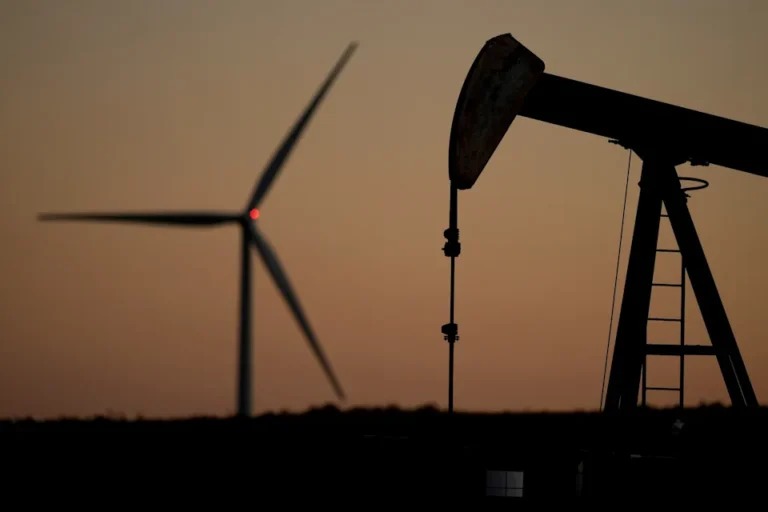COP30 climate talks opened Monday near the Brazilian Amazon, with world leaders calling for faster action and closer cooperation to combat global warming. After more than 30 years of climate negotiations, countries are under pressure to reduce carbon emissions that drive rising temperatures.
André Corrêa do Lago, president of this year’s conference, urged negotiators to work together, using the Brazilian concept of “mutirão,” which means joining forces to complete a shared task. He said, “Either we decide to change by choice, together, or we will be imposed change by tragedy. We can change. But we must do it together.”
The push for unity is complicated by the absence of the United States. The Trump administration has chosen not to send senior negotiators and is withdrawing from the Paris Agreement for the second time. This is notable because the U.S. has historically contributed more carbon dioxide emissions from burning fossil fuels than any other country, even though China is currently the top emitter.
Palau Ambassador Ilana Seid, chair of the Alliance of Small Island States, highlighted the challenges posed by the U.S. absence. Small island nations face severe impacts from climate change, including rising seas that threaten land and livelihoods. She said the withdrawal “has really shifted the gravity of the whole negotiating system.”
Former U.S. climate envoy Todd Stern described the lack of U.S. participation as a double-edged sword. He noted it may have been more disruptive to have representatives present, but their absence weakens global climate action.
Experts liken the negotiations to a potluck dinner, where countries contribute plans to reduce carbon emissions. Katharine Hayhoe, chief scientist at The Nature Conservancy, explained that while most nations bring new commitments, the U.S. will not be contributing directly. She added that U.S. cities, states, and businesses are stepping in to fill some of the gaps left by the federal government.
Simon Stiell, the U.N. climate chief, emphasized in a letter that the Paris Agreement is showing progress, but acceleration is critical. He highlighted extreme weather events worldwide, from Hurricane Melissa in the Caribbean to super typhoons in Southeast Asia and tornadoes in southern Brazil, as evidence of urgent climate threats.
Stiell urged negotiators to not only act faster but to connect climate solutions with people’s everyday lives. He stressed that countries must link environmental efforts to social and economic realities to ensure meaningful change and broad public support.
The conference in Belem focuses on the Amazon, a region vital for global climate stability. Deforestation and fires have contributed to rising greenhouse gas levels, making coordinated action by countries more important than ever.
COP30 negotiators are expected to discuss strengthened carbon-cutting plans, financing for vulnerable nations, and ways to integrate climate action into local communities. Many experts hope that despite the absence of the U.S., the conference can produce measurable commitments and encourage global collaboration.
With climate impacts accelerating, leaders and scientists alike stress that time is short. The Amazon, like small island nations, is on the frontline of climate change, and the decisions made at this conference could influence global environmental outcomes for decades.
The message from Belem is clear: global warming demands urgent, collective, and practical action, and the world cannot afford delays or divisions.







